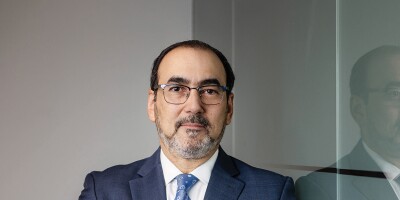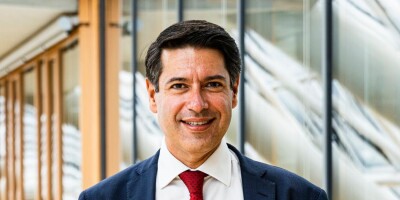Top section
Top section
Bankers expect another quiet week or two unless sovereigns dip into the market
Bond specialists sceptical that auctions can yield better results than bookbuilding
Inflows so far in 2026 are nearly a quarter of all of last year's figure
Data
More articles
More articles
More articles
-
◆ Higher rated Austrian lender offers more spread for similar senior preferred bond ◆ Big demand pushes deal inside fair value ◆ BCP still prints its tightest unsecured debt for more than five years
-
Wider currency mix helped meet demand for high grade paper with attractive yields from the region
-
New firm mine. aims to build 'institutional memory' for borrowers
-
After a record 2024, Turkish corporate issuance slowed last year
-
The company has enjoyed two rating upgrades since its last sukuk issuance
-
Demand well above expectations, given books opened on an FOMC rate decision day
Sub-sections
-
Sponsored by CAF – Development Bank of Latin America and the Caribbean
CAF gearing up to transform regional development
-
Sponsored by Emirates NBD Capital
Emirates NBD Capital: An unrivalled conduit for Middle East liquidity
-
-
Sponsored by European Investment Bank
European Investment Bank: Supporting sustainable development in North Africa




























